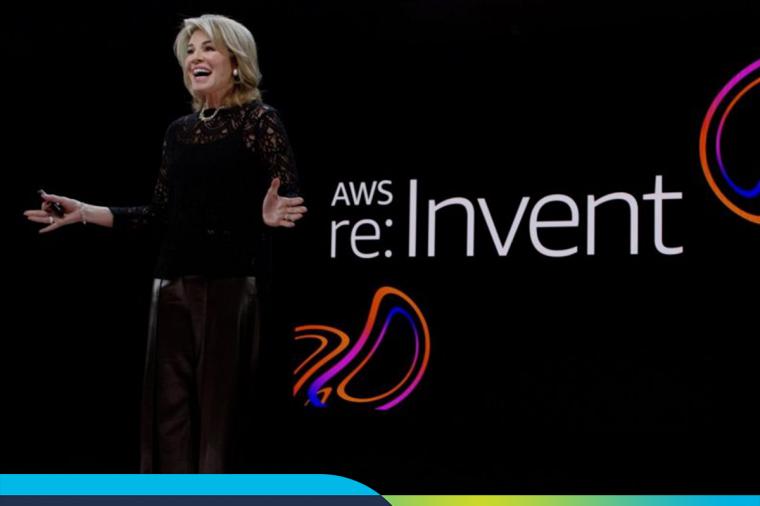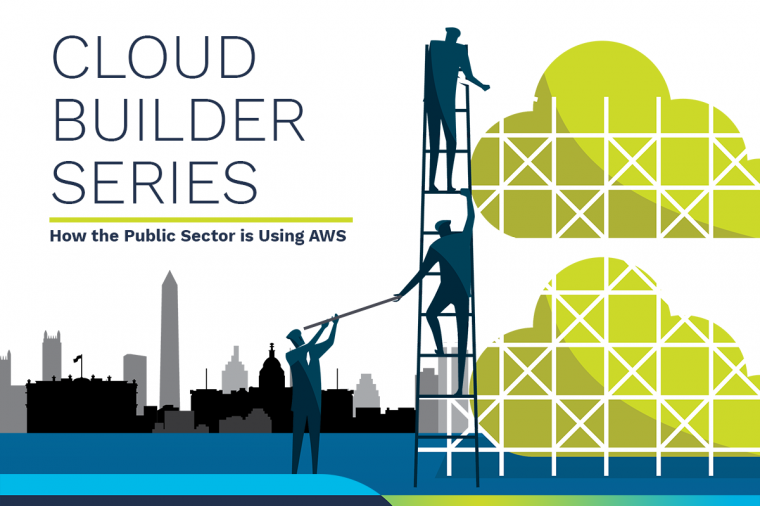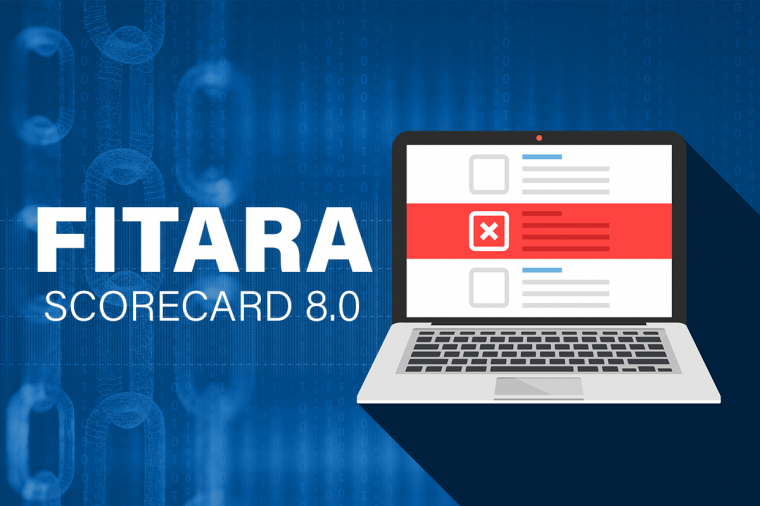IT is currently facing two dilemmas. The first is many want their private cloud architecture to work with their existing data center. Secondly, IT professionals are looking to build private clouds that are open to other clouds but also equipped to run existing in-house systems and applications.
So you may be asking yourself, “Why should I build a private cloud?”
Under a private cloud, an agency effectively acts as a service provider for their internal customers. IT professionals that move to a private cloud would deliver the same kind of flexible computing as public clouds from Amazon Web Services (AWS), but behind a firewall and without the security worries that come with sending data outside the agency. This scenario appeals to organizations that want more control over their infrastructure.
What is the Advantage of a Private Cloud?
The key advantage of private clouds is they allow you to manage virtual servers. Private clouds allow you to shift workloads to any machine depending on the demand, launch servers without human involvement and provide users with resources they have used for either chargeback or showback purposes.
Private Cloud Options: OpenStack and Eucalyptus
OpenStack, an open source project, offers agencies the option of building a private cloud that is compatible with a variety of public clouds. OpenStack supplies an end user portal for self-provisioning and virtual use tracking to provide chargeback statements. If service level increases, OpenStack allows for load balancing and automatically utilizes more servers to meet demand.
Another commercial open source option, Eucalyptus provides many of the same things that OpenStack offers, but in an Amazon-specific environment. Eucalyptus’ APIs are compatible with Amazon Web Services’ APIs.Ttherefore, if you’re already an AWS customer, you can develop a private cloud that will allow your workloads to run in both.
Eucalyptus is the first private cloud provider to support Netflix tools. Netflix built and open sourced tools including Chaos Monkey, Asgard and Edda. The latest version of their private cloud software, Eucalyptus 3.3, adds a few new AWS compatible features, including auto scaling, elastic load balancing and CloudWatch. These features are required in order to use these Netflix tools. Auto scaling allows users to change the settings so that when a workload reaches a certain size, instances are automatically added.
Open source projects are generating a lot of activity and evolving everyday in the private cloud software market. OpenStack and Eucalyptus are just a few of the many options that you can utilize for all of your private cloud needs. Creating a private cloud allows for considerable flexibility and cost savings advantages that will ultimately benefit an agency for the long haul.
For another example of the benefits of private clouds, check out this datasheet: Using a Private Cloud to Rapidly Accelerate the Dev/Test Life-Cycle
















































